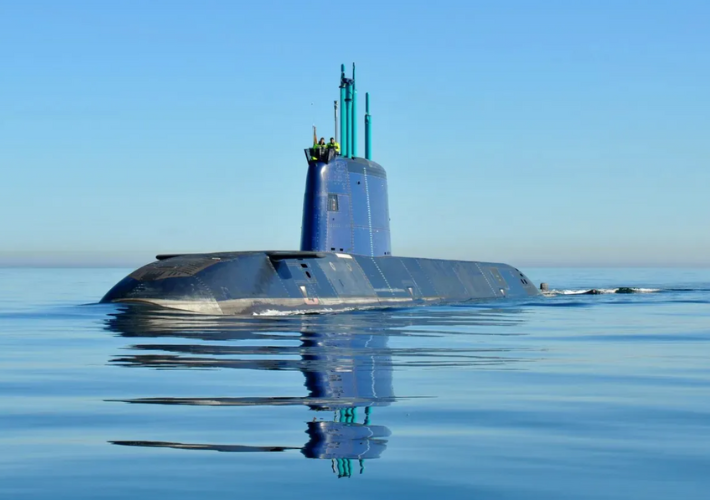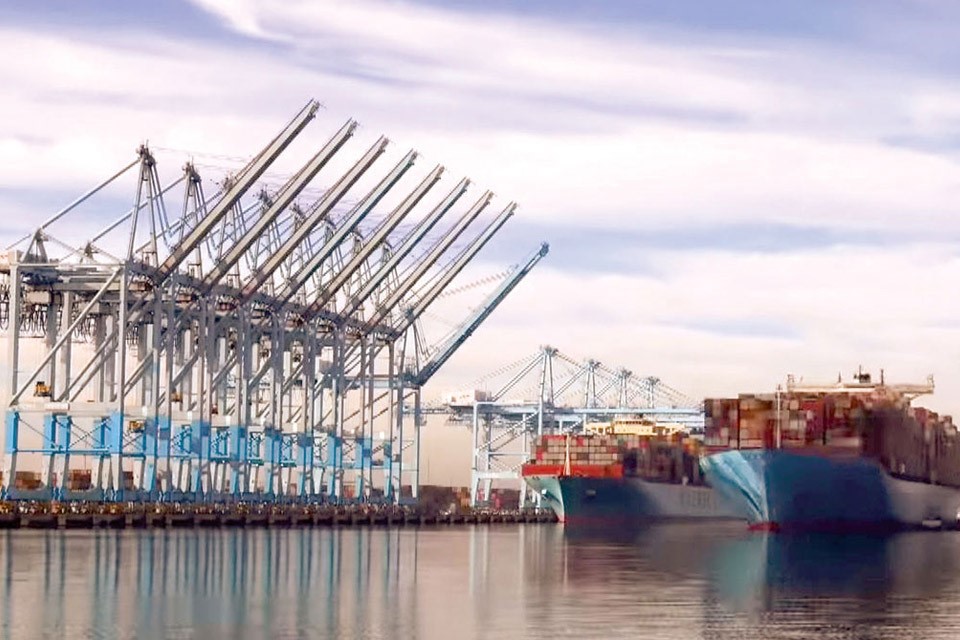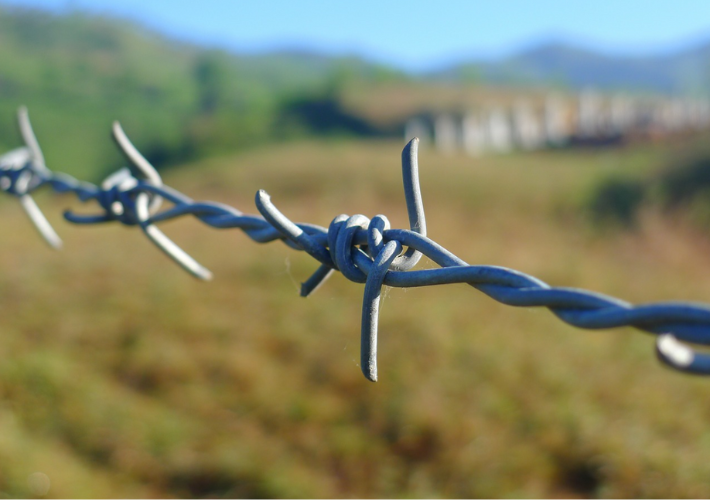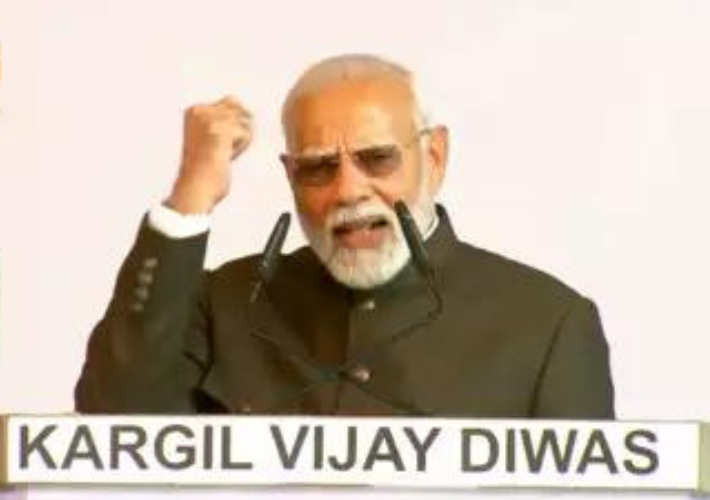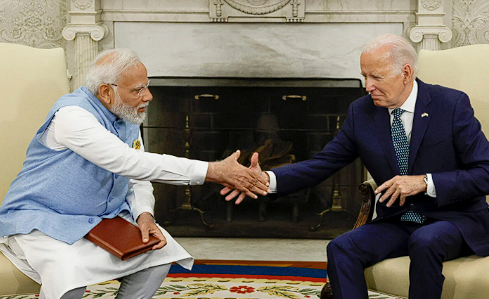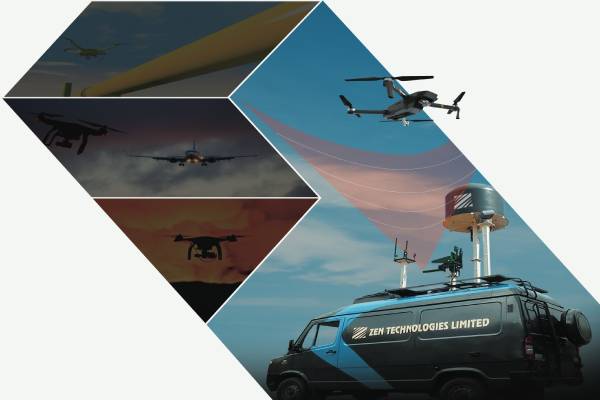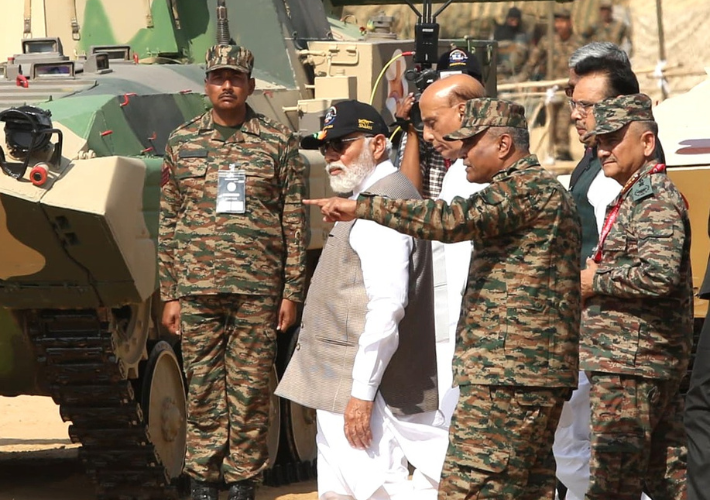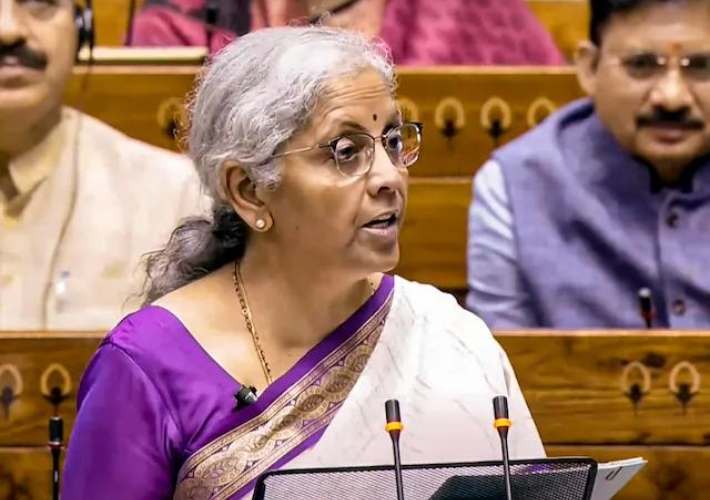Coming on the heels of the Indian Navy’s team visit to Germany to evaluate the proposed submarine programme – Project 75 (India) or P75I, the Scholz government has lent its weight to negotiations. According to Germany’s Ambassador to India, Philipp Ackerman, the government is fully behind talks with the Indian Navy regarding its P75I tender, which aims to build six new conventional submarines with an Air Independent Propulsion System (AIP). Among the contenders are Spanish submarine manufacturer Navantia and German firm Thyssenkrupp Marine Systems (TKMS), leading the race to secure this mega contract.
The P75I programme is currently being pursued through a strategic partnership between a foreign original equipment manufacturer (OEM) and an Indian entity. The German and Spanish governments are in a race for a government-to-government (G2G) agreement similar to the one made in 2016 for the 36 Rafale fighters with France. TKMS has formed a partnership with India’s state-run Mazagon Dock Shipbuilders Limited (MDL) for the project, while Navantia has collaborated with private defence company Larsen & Toubro (L&T). The aim of this alliance is to construct the project in India.
The German envoy has expressed a strong commitment to collaborate with an Indian dockyard for the production of advanced submarines within India. The government is fully supportive of the ongoing negotiations, stressing that while the final decision rests with India, the project is already accelerating the defence partnership and setting a precedent for future cooperation.
The Indian Navy has been vocal about the necessity for a dependable Air Independent Propulsion (AIP) system for the upcoming P75I project, which was initially proposed in 2000. Despite having constructed six Scorpene class submarines for India, the French have yet to showcase a proven AIP system.
According to the plan, the Scorpene submarine is supposed to be equipped with the AIP system, which is being developed indigenously by the DRDO. However, the development of this indigenous system is taking longer than expected. As a result, the last two Scorpene-class submarines will have to be retrofitted with the AIP technology during the refit stage instead of being fitted with it during the building stage itself.
It is uncertain whether the Indian Navy will be able to rely on the indigenous Air Independent Propulsion (AIP) system for the Scorpene class INS Kalvari, which is scheduled for refit this year. The system is yet to be fully developed and proven. It is crucial for the Navy to have a proven AIP system to avoid any further delays in the submarine programme, caused either by the slow development of indigenous systems or by unproven claims by foreign companies. According to a source, the Indian submarine programme cannot serve as a testing ground for anyone.
The Indian Navy has opted for a temporary solution due to the delay of the P75I program. As a result, they decided to acquire three more Scorpene submarines, which were being promoted by the French. However, the formal cost negotiation process is yet to start even though the programme was cleared last year.
Team BharatShakti




